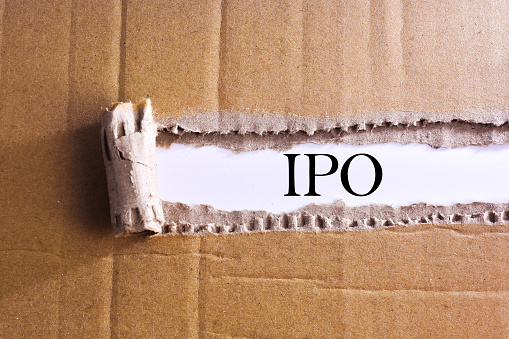The final prospectus came out September 26 for Aritzia’s much-anticipated initial public offering (IPO), the biggest retail IPO since Dollarama Inc. (TSX:DOL) in 2009. As expected, interest in its IPO was off the charts.
Oversubscribed by a factor of 10, Aritzia’s selling shareholders have upped the number of shares to be sold by 25% to 28.75 million; they’ll be priced at $16 per share with the company getting none of the proceeds. Worse still, Berkshire Partners and founder Brian Hill will retain 97% voting control through a dual-class structure.
The hype for this IPO is truly mind-boggling. It’s indicative of how far our IPO markets have fallen. But as P.T. Barnum’s biggest rival, banker David Hannum, once said, “There’s a sucker born every minute.”
The underwriters look to make $23 million from the IPO, while the current shareholders stand to take home $437 million (I’m assuming the over-allotment is exercised) without ceding one bit of control or adding any working capital to the business. If ever there was a lopsided offer, this would be it.
But don’t take my word for it. Here’s what Gordon Reid, CEO of Goodreid Investment Counsel, had to say about the IPO on BNN Tuesday:
“I would caution that in a market of short supply, there might be undue demand for something like Aritzia,” Said Reid. “[I recommend] a measured approach to issues like this–trying to take an unemotional view of the fundamentals of the company as opposed to trying to scramble to get whatever piece you can because everybody else is in line.”
And for those investors who can’t get hold of Aritzia shares in the IPO, for goodness sake, do not buy in the first day of trading, which is expected October 3. That’s because Aritzia’s shares, which will trade on the TSX under the symbol “ATZ,” will likely open at $22 or higher and could quickly move to $32 by the end of the day, more than double its IPO pricing. You’ll be buying much closer to $32 than $16; IPOs have a history of trading lower than their initial pricing within the first 12 months as a public company.
In early September, I discussed five things investors should know before Aritzia’s IPO. I left out a number of issues I had with the company’s prospectus and IPO marketing materials.
A big one, which Reid brought up in his BNN appearance, is the dual-class structure that allows Berkshire and Hill to maintain absolute control (50.5% of the votes) with only 37% of the total outstanding shares. That means after the IPO they will still be able to sell 39.5 million shares once the 180-day lock-up has expired in April. If the shares remain in the 30s, they stand to make another $1.1 billion while maintaining voting control.
As they say in battle, to the victor goes the spoils.
My advice: unless you can get your hands on some IPO shares at $16, I’d forget about Aritzia for the next 12 months and revisit buying the stock at that time. You’ll be much farther ahead in my estimation than trying to make the momentum play. History is on your side.
And there’s one more thing that bodes poorly for Aritzia: overconfidence. Retail is littered with dreamers who thought their businesses could do no wrong.
Page 29 of Aritzia’s final long form prospectus states, “As a result of our disciplined real estate selection process and compelling store economics, we have never closed an Aritzia store in our 32-year history.”
If it plans to grow—that’s about to change.








